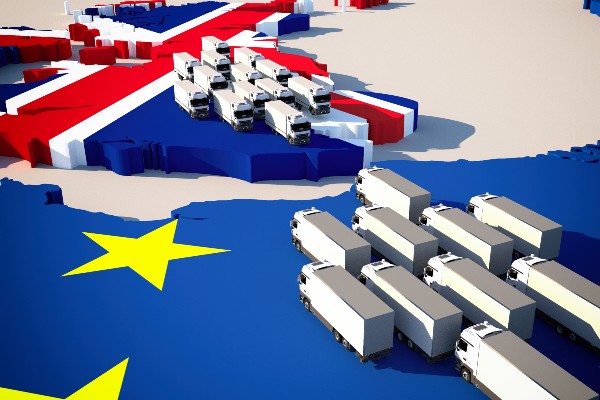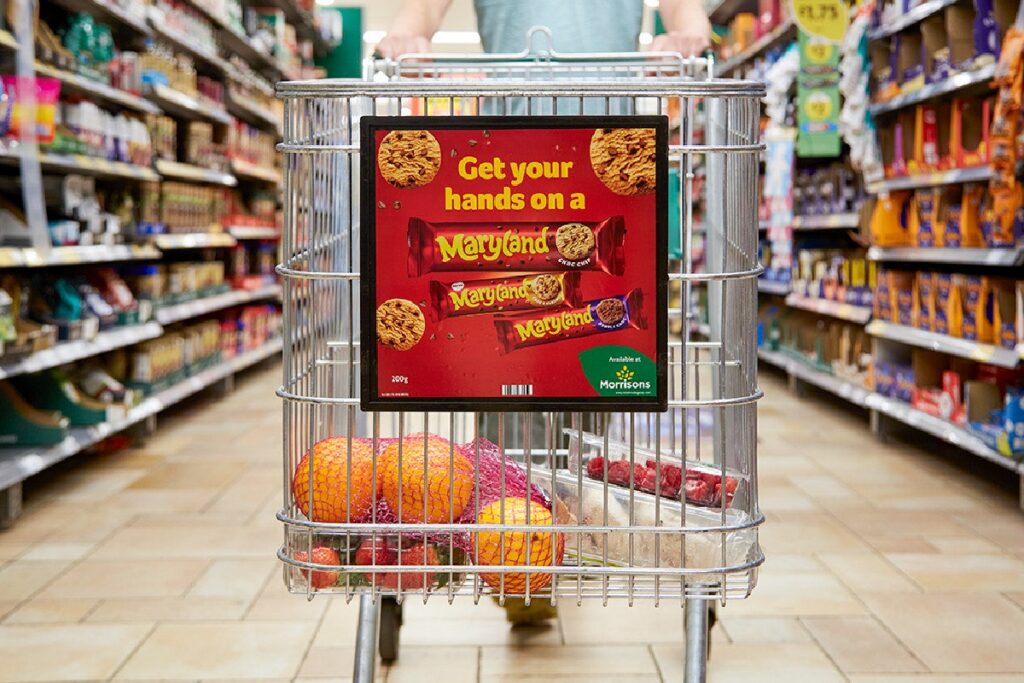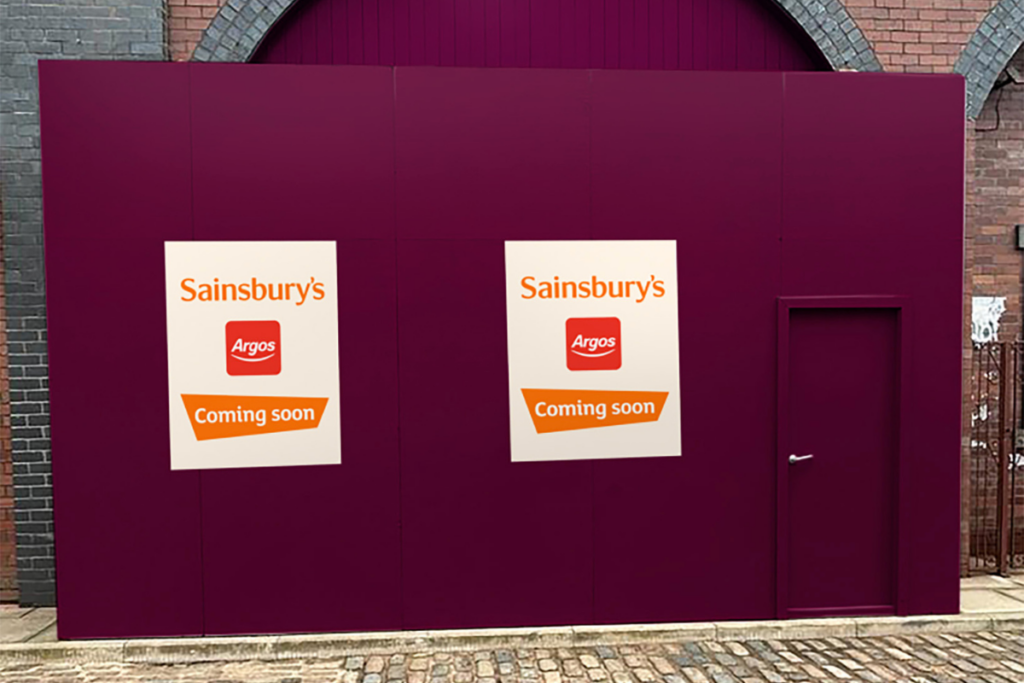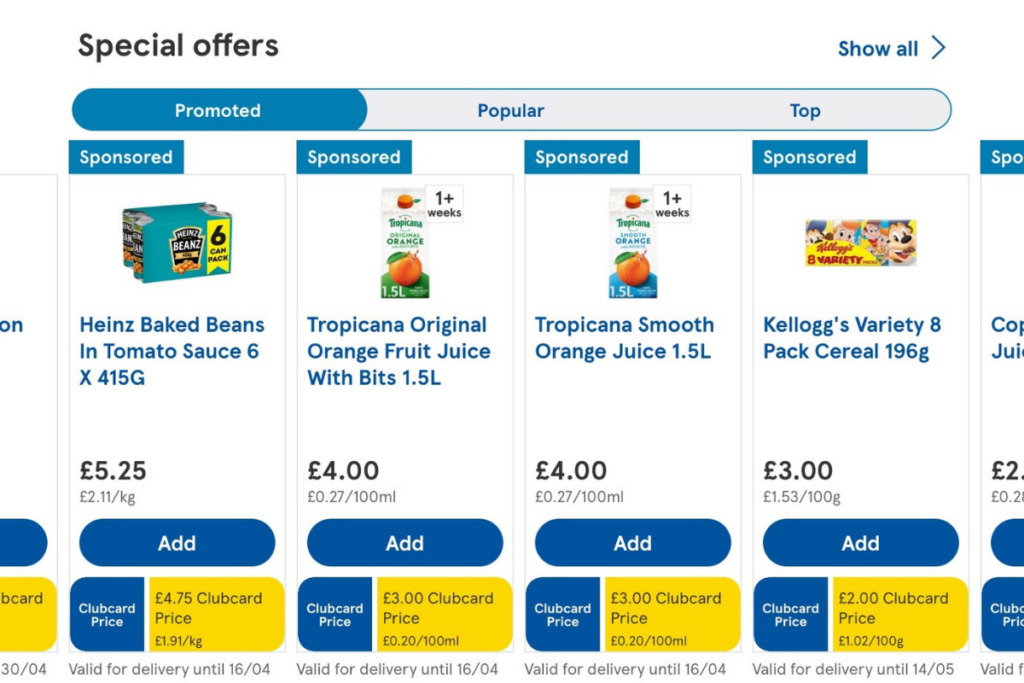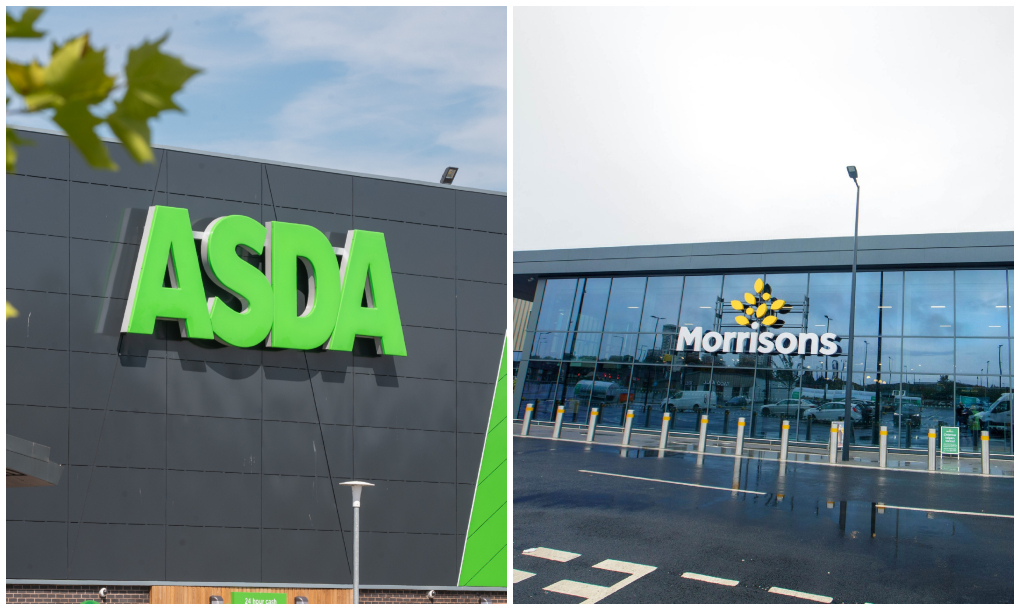On Christmas Eve, the House of Commons approved a zero tariff, zero quota trade deal with the EU as the Brexit transitional period, which started almost a year ago, drew to a close.
The UK may have officially left the EU at the end of January 2020, as per the Withdrawal Agreement, but it remained a member of the single market and customs union in the ensuing months – known as the transition period – as a new trade deal was sought before the end-of-year deadline.
The new deal made around Christmas essentially means there will be a number of new customs procedures and formalities, including new rules of origin requirements. For example, from January 1 this year, goods being exported to the EU from the UK will attract a zero per cent UK VAT rate.
“Businesses that rely on imports have had to adapt this year, there have been major delays on goods being imported and this has had a knock-on effect with the retailers,” said Sam Whitaker, marketing manager at Whispering Smith – a major fast fashion supplier for the likes of Asos and JD Sports.
“We’ve seen products out of stock, either because of unprecedented demand or because the typical countries we receive these goods from aren’t supplying enough of them.
“Every industry has seen their supply effected by Covid-19 in one way or another and there will be a lot of lessons learnt from this.”
Richard Tucker, vice president of sales at the warehousing and logistics platform Trident Worldwide, said that each aspect of the supply chain needed to be reconsidered.
“Many businesses are taking the necessary steps, in terms of securing alternative suppliers and putting in place the resources to work through the incoming tax and administrative changes,” he told Retail Gazette.
“But a significant proportion are still behind where they need to be.
“UK-based companies with a multi country supply chain are likely to be affected more than companies that have a simpler and UK-specific supply chain.”
“Businesses will need to stay alert and adapt”
Oliver Guy, senior director of industry solutions at Software AG, added: “The biggest frustration for retailers will likely stem from not knowing how the end of the transition period will look, as is the case for any company which buys or sells from the EU.
“The difficulty for grocers in particular is the breadth of products they buy is so varied.
Research from Kantar revealed that 32 per cent of food consumed in the UK comes from the EU. So it’s only natural that some retailers could be concerned about possible shortages of perishable goods, especially in the wake of scenes in Dover and Calais of trucks waiting in long queues to cross the border.
“Non-perishables could be stockpiled, but this is not an easy decision to make as the run-up to Christmas is a time when storage is very full anyway, and tying up working capital in this way is not a decision that is made lightly,” Guy said.
“Anything other than an equivalent to EU membership could make life more complex for retailers – particularly if different product groups have different rules associated with them.”
Tucker said that tariffs aside, for most retailers most of the changes are known and would take effect regardless of negotiation outcomes.
“Adapting to the new environment will be a long term process but actions taken now could ensure businesses continue to operate beyond Brexit,” he said.
Now as a deal has been reached, there are a number of preparations that retailers can make.
Stefan Tarneberg, solutions director at supply chain specialist BluJay Solutions, said “Dover and Calais will be at the centre of the action” as shippers and port staff alike wrestle with new post-Brexit tariffs and quotas.
“If just one is wrong, everyone in line gets held up,” he explained.
“The queues will begin to form on the first day”
“But there’s a way round – literally. Rerouting via different ports could be the shippers’ saving grace.
“While the most popular ports will be over capacity, companies are beginning to explore the potential of smaller ports off the beaten track to skip the queues.
“Unlike those on the Channel, many of these also come equipped with specialists well-versed in overseas declarations, who can get goods across the line far quicker.”
Claire Alden, a commercial lawyer and director at law firm Pannone Corporate, said: “Retailers should be speaking with their suppliers to check what measures are in place for ensuring continuation of supply and checking their supply contracts to see whether any of these additional costs will be passed on to the retailer.”
Brexit is also set to have an impact on retail staff, with FTI Consulting reporting that the retail sector relies on a 300,000-plus EU migrant workforce. Under the new trade deal, legal avenues for low-skilled migrant workers to enter the UK have tighter regulations.
“Retailers who employ EU nationals will need to encourage those workers to apply for settled or pre-settled status before June 30,” Alden said.
“Failure to do so will mean that, as of July 1, such workers will be working illegally and will not be allowed to remain in the country.”

While retailers try to adapt their current supply chains during this time, consumers are now asking if they will see any differences in the way they trade.
Whitaker said retailers which currently import and export outside of the EU should be able to trade on better terms, so can continue to trade as they were.
“However, for businesses trading within the EU then you can almost certainly expect higher rates on these goods, at least for the initial period,” he added.
“These businesses will being to look to trade outside of the EU, or within the UK.
“It will be interesting to see how consumers for these substituted goods react to the market, whether they look to find locally sourced or alternate products altogether.”
Alden agreed. She said that for consumers, the main impact of Brexit would be shortages or delays in obtaining some types of goods, and price increases where tariffs are not absorbed by the supply chain.
“Reduced profits for retailers have seen the closure of many high street stores and a significant increase in online purchases,” she added.
“This is likely to continue beyond Brexit, and so retailers should be investing in having up-to-date websites with effective and legally compliant online ordering procedures.”
Koomoo chief executive Ciaran Bollard said retailers who primarily export goods could expect more paperwork and potential delays as customs declarations and safety declarations will be required for both imports and exports to the EU.
“Some goods may need export licenses or certificates and we may also see costs increase as goods exported to the EU may be subject to tariffs,” he added.
“Businesses may see their customer experience affected where there are delays in exporting goods.
“Some of this will be beyond their control, although there are certain steps they can take to mitigate the potentially harmful effects such as ensuring their communications are up to scratch.”
He urged retailers to make consumers aware of possible delays or increased costs from the beginning of their customer journey and throughout. He warned that leaving these details and extra fees until the checkout could result in “a lot of abandoned carts”.
As trade deal proceedings draw to a close, is it possible for retailers to anticipate further changes?
“Yes, we’ll certainly see further changes,” Whitaker said.
“Major countries such as the US and China will have a strong hand in what those changes are, but at the moment, even with just days to go, it’s not clear how this will play of for most industries.”
Alden added: “Over time, the UK government will review laws that have been implemented as a result of the UK’s membership of the EU.”
She also said this could result in changes to regulatory regimes in sectors such as food and drink and pharmaceuticals:
“These changes will not be an immediate effect of Brexit, but rather will evolve over time as UK law diverges from EU law.”
Click here to sign up to Retail Gazette‘s free daily email newsletter

